Valeo has committed to achieving carbon neutrality by 2050 and will have reached 45% of its objective by 2030. By 2030, Valeo’s emissions will have decreased by 45% across its entire value chain – including emissions from its suppliers, its own operating activities and the end use of its products – compared with 2019. By 2050, Valeo will have achieved carbon neutrality for all of its own operating activities and across its entire supply chain worldwide and will be 100% carbon neutral (including the end use of its products) in Europe. Valeo is also a signatory of the “Business Ambition for 1.5°C” campaign that brings together companies committed to achieving carbon neutrality by 2050 using the strict framework of the Science-Based Targets initiative.
Jacques Aschenbroich, Valeo’s Chairman and Chief Executive Officer, commented: “The entire automotive industry is investing heavily to combat global warming. At Valeo, the reduction of CO2 emissions has been central to our strategy since 2010, and sales generated from technologies that help to reduce CO2 emissions have grown 20-fold to around 10 billion euros in 2021. We intend to continue our efforts, with the aim of achieving carbon neutrality by 2050 and reaching nearly half of this objective by 2030.”
On the journey to carbon neutrality, 2030 is an important and fast-approaching milestone. By then, Valeo is committed to reducing:
– emissions related to its operating activities by 75%*, from 1.1 million to 0.3 million metric tons of CO2 (Scopes 1 and 2);
– emissions related to its supply chain by 15%*, from 9.5 million to 8.1 million metric tons of CO2 (upstream Scope 3);
– emissions related to the end use of its products (Scope 3 downstream) by 15%*, from 39 million to 33.1 million metric tons of CO2. This reduction is expected to rise to 50% when taking into account emissions avoided thanks to the Group’s electrification technologies, with CO2 emissions declining from 39 million to 19.5 million metric tons.
By 2030, Valeo will have invested more than 400 million euros in reducing emissions related to its operating activities (Scopes 1 and 2). These investments will be used to upgrade the Group’s sites to enable the current 100 most carbon-intensive facilities to become high-energy efficiency sites by 2030. Upgrades will include the development of eco-friendly buildings, the widespread use of LED lighting and the integration of heat recovery systems.
The proportion of low-carbon energy in the Group’s energy consumption will increase from 5.5% in 2019 to 80% by 2030, having already risen to 50% by 2025. A number of sites are already piloting renewable energy alternatives, including three Group sites in Chennai (India), where 90% of the consumption is wind-powered, and sites in Sanand (India) and Bad Rodach (Germany), which use their own solar energy facilities to produce 30% and 20% of the energy they consume, respectively.
Valeo has also set the same CO2 emissions reduction objectives for its suppliers, and the use of low-emission materials will be increased.
At the same time, Valeo will continue to expand its portfolio of technologies that contribute to low-carbon mobility, in particular its solutions for vehicle electrification, a field in which the Group is currently world leader. Over the past ten years, Valeo has invested more than 10 billion euros in technologies that reduce CO2 emissions.
In 2019, 57% of Valeo’s sales were generated by technologies that help to reduce CO2 emissions. Today, one in three vehicles worldwide is fitted with Valeo technology that helps to reduce CO2 emissions.
Valeo has also pursued an ambitious sustainable development policy, reducing its water, energy and packaging consumption by 46%, 29% and 32%*, for example.
Valeo is regularly recognized for its comprehensive sustainable development (environmental, social and governance) approach. On January 25, 2021, Corporate Knights ranked Valeo as the most sustainable company in the automotive sector, among the world’s 100 most sustainable listed corporations. In 2020, Valeo was also the highest rated automotive supplier by non-financial rating agencies MSCI (AAA), CDP (A), Sustainalytics and SAM (76/100). The Group also maintained its leadership position in the Dow Jones Sustainability (DJSI) World index for the fifth year in a row.
From this year, Valeo will take into account CO2 emissions reduction and sustainable development criteria when determining the variable compensation of more than 1,500 senior executives.
* Between 2008 and 2019, consumption as a proportion of sales.
Safe Harbor Statement
Statements contained in this document, which are not historical fact, constitute “forward-looking statements”. These statements include projections and estimates and their underlying assumptions, statements regarding projects, objectives, intentions and expectations with respect to future financial results, events, operations, services, product development and potential, and statements regarding future performance. Even though Valeo’s Management feels that the forward-looking statements are reasonable as at the date of this document, investors are put on notice that the forward-looking statements are subject to numerous factors, risks and uncertainties that are difficult to predict and generally beyond Valeo’s control, which could cause actual results and events to differ materially from those expressed or projected in the forward-looking statements. Such factors include, among others, the Company’s ability to generate cost savings or manufacturing efficiencies to offset or exceed contractually or competitively required price reductions. The risks and uncertainties to which Valeo is exposed mainly comprise the risks resulting from the investigations currently being carried out by the antitrust authorities as identified in the Universal Registration Document, risks which relate to being a supplier in the automotive industry and to the development of new products and risks due to certain global and regional economic conditions. Also included are environmental and industrial risks, risks associated with the Covid-19 epidemic, as well as risks and uncertainties described or identified in the public documents submitted by Valeo to the French financial markets authority (Autorité des marchés financiers – AMF), including those set out in the “Risk Factors” section of the 2019 Universal Registration Document registered with the AMF on April 28, 2020 (under number D.20-0385).
The Company assumes no responsibility for any analyses issued by analysts and any other information prepared by third parties which may be used in this document. Valeo does not intend or assume any obligation to review or to confirm the estimates issued by analysts or to update any forward-looking statements to reflect events or circumstances which occur subsequent to the date of this document.






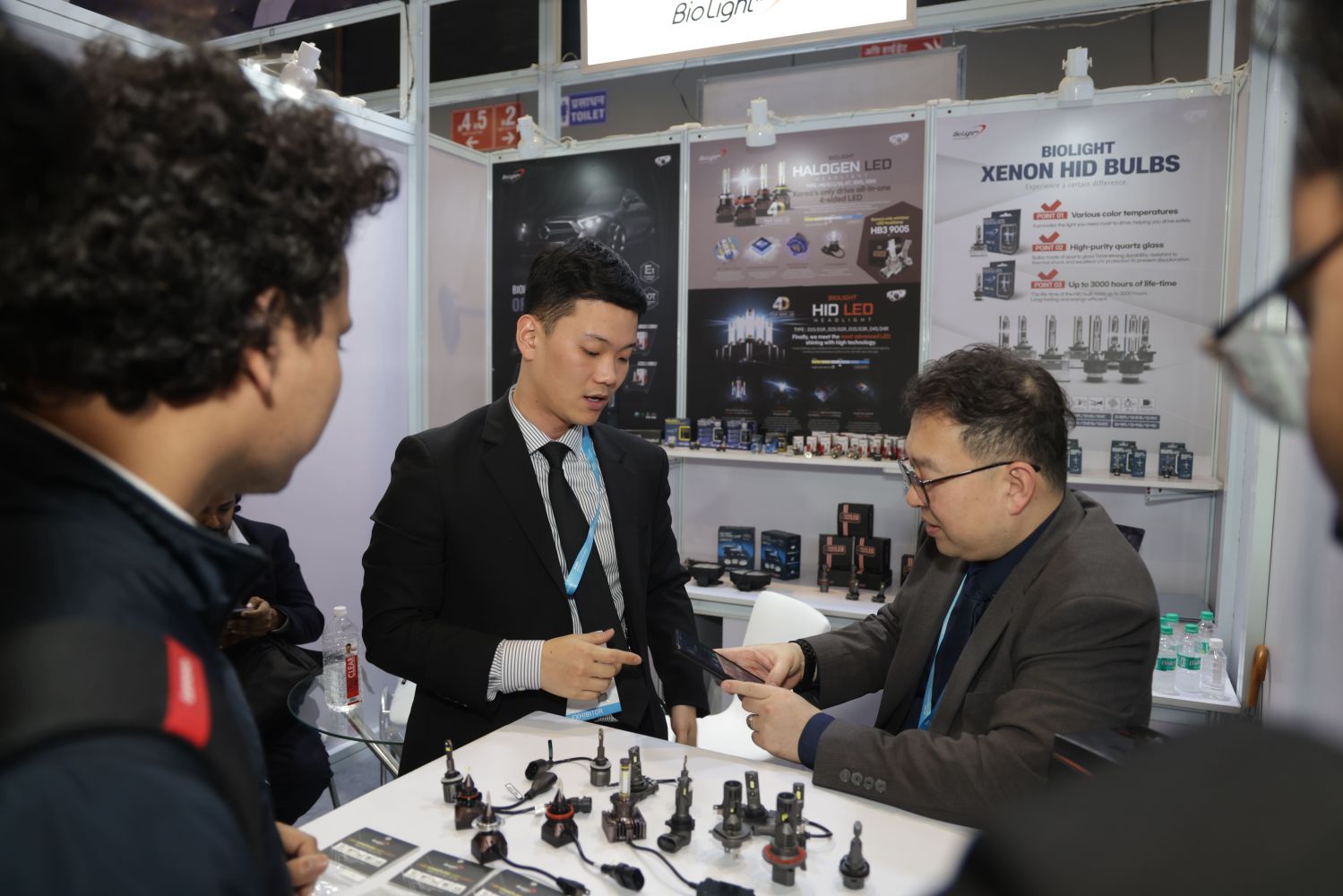
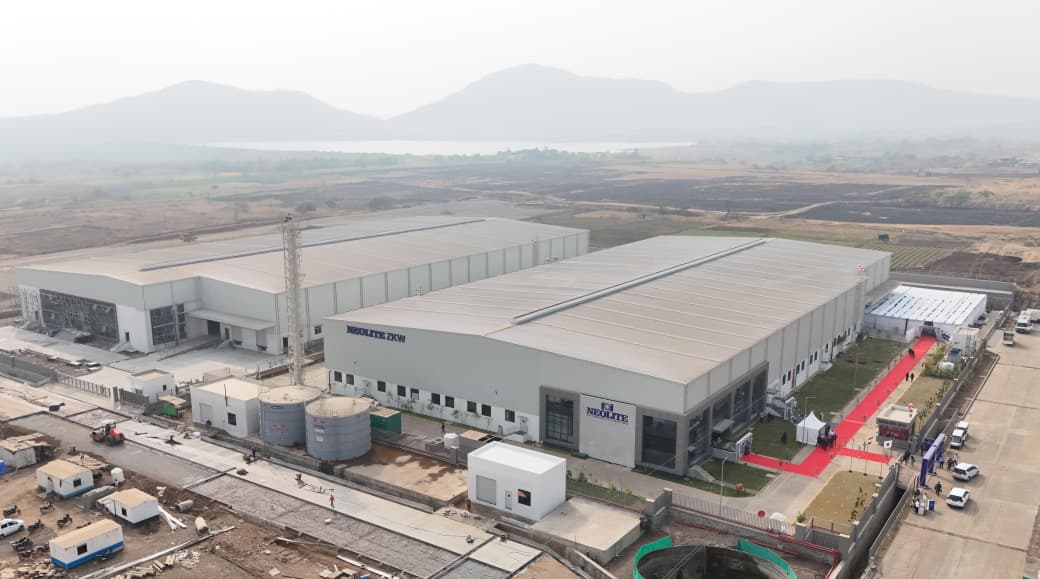
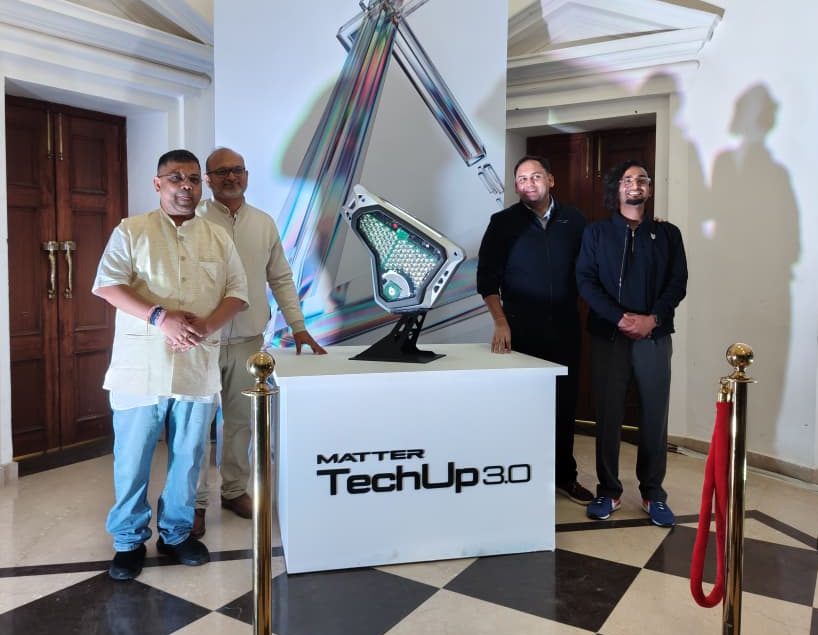
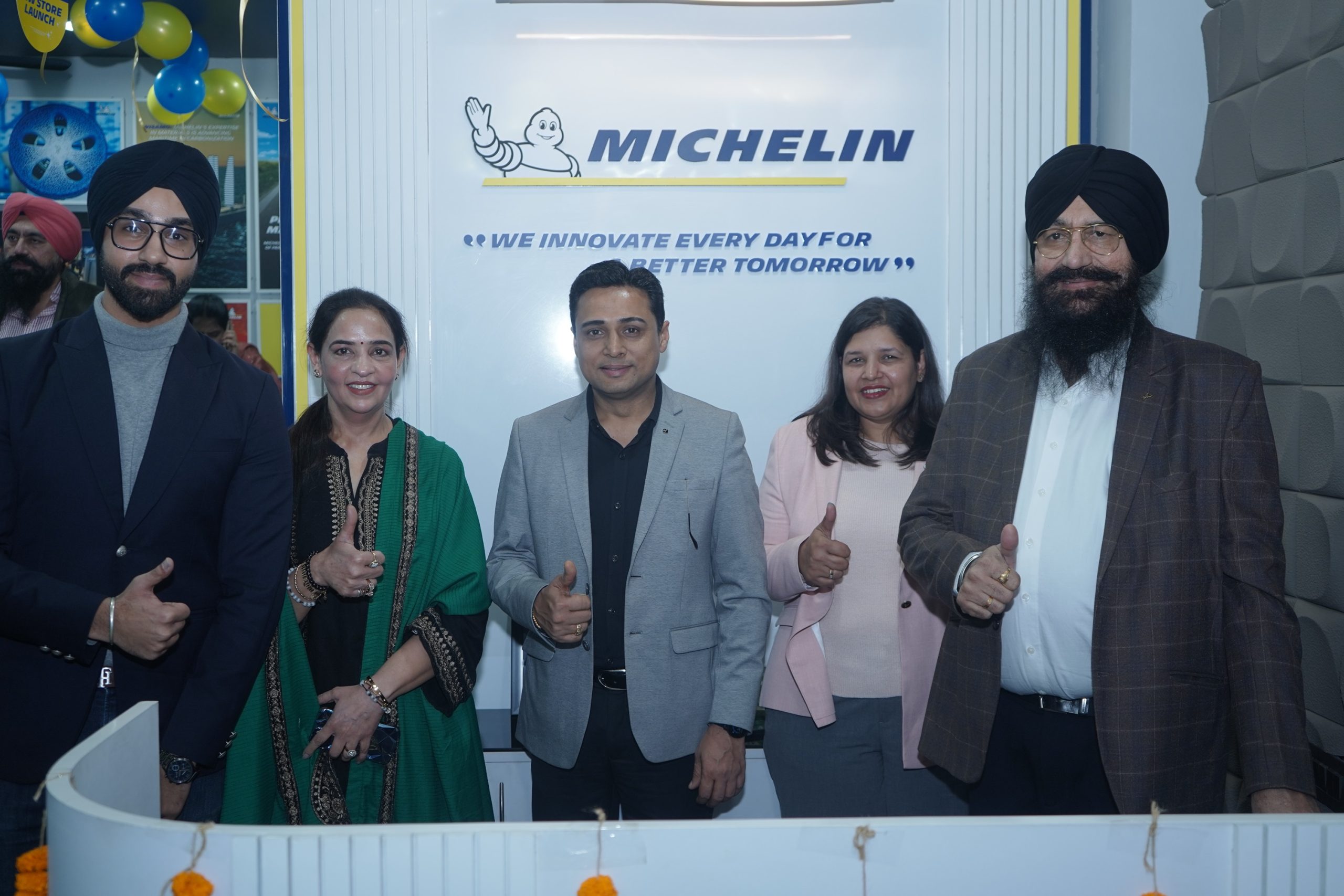
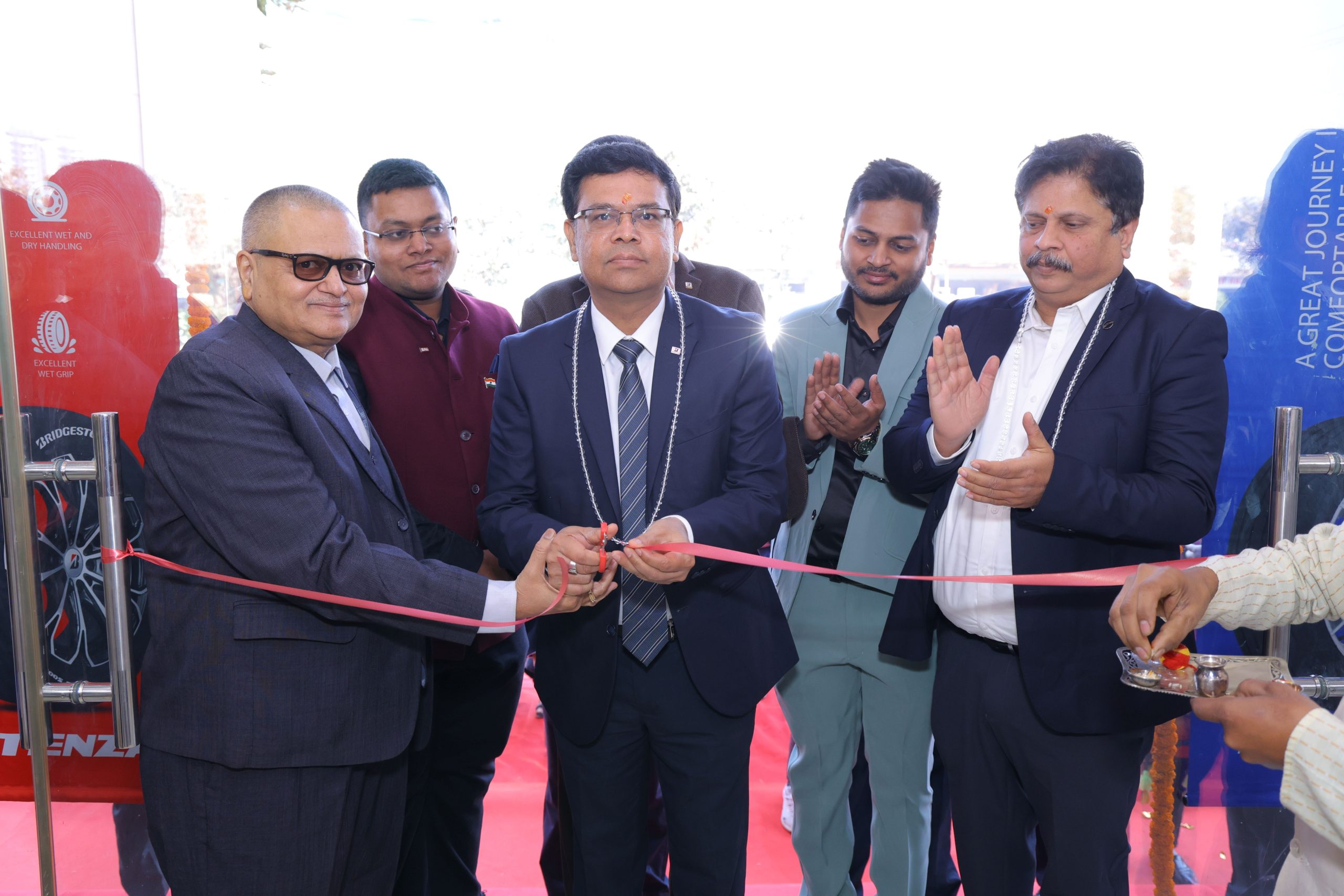




Leave a Reply